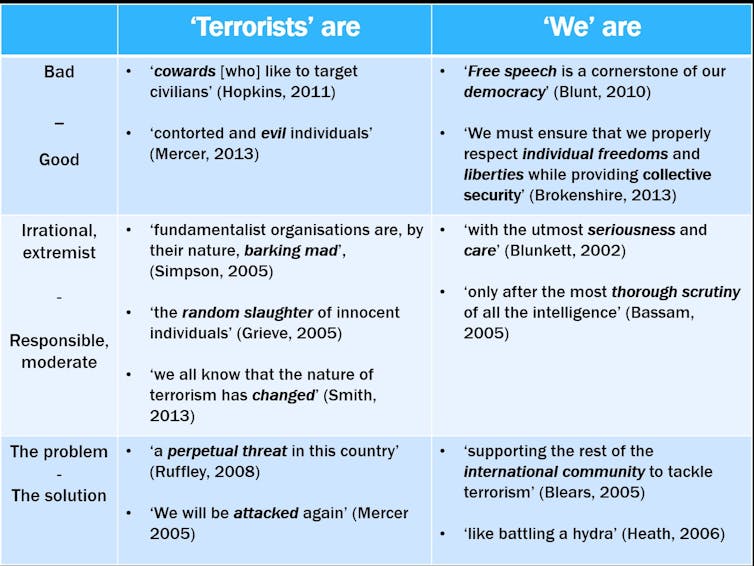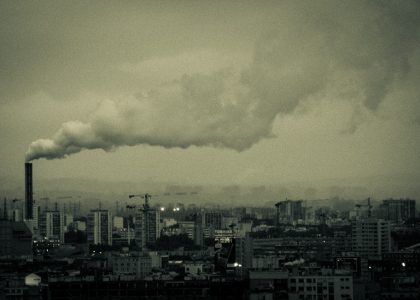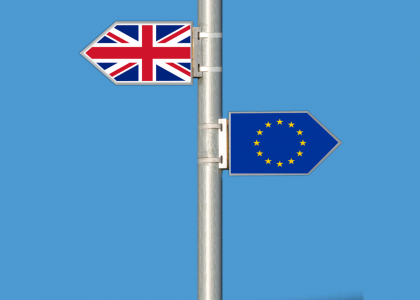Three organisations, including the Lebanon-based Hezbollah, were banned as terrorist organisations by the British government on March 1. This means membership of, and support for, the organisations is a criminal offence.
The proscription of the three groups, which also include the organisations Ansaroul Islam and Jamaat Nusrat al-Islam Wal-Muslimin (JNIM) that operate in Africa’s Sahel region, will bring the total number of proscribed international terrorist organisations in the UK to 77. Another 14 organisations are also proscribed in Northern Ireland under legislation that pre-dates the 2000 Terrorism Act, the centre-piece of the UK’s current proscription regime.
Britain’s decision to expand its proscription of Hezbollah builds upon its 2001 banning of the group’s “external security organisation”, and the subsequent 2008 listing of Hezbollah’s broader military apparatus. Such a distinction was previously seen as important. As security minister, Tony McNulty, argued in the parliamentary debate accompanying the second expansion in 2008: “Hezbollah has definitive political, social and humanitarian wings that perform entirely legitimate functions in Lebanon.”
The UK’s reversal of that position, and decision to now proscribe Hezbollah in its entirety as a terrorist organisation, raises two immediate, and very political questions. The first, is whose interests are being served by this decision, and why has it been taken now? As was pointed out in The Guardian, the banning of Hezbollah has been an aspiration of Britain’s external allies – especially Israel – as well as UK-based groups such as Labour Friends of Israel for some time.
It’s also possible to see the decision through the lens of domestic political competition: as an attempt by the government – or, even the home secretary, Sajid Javid – to appear tough on terrorism. Suspicions that the proscription of terrorist organisations serve geopolitical interests that are, at best, tangential to counter-terrorism are relatively common among researchers and politicians alike.
The second, immediately political, question the decision raises concerns its implications for dialogue and peacebuilding efforts in the Middle East and beyond. It has consequences for those who might wish to engage diplomatically with the organisation and its representatives, such as non-governmental organisations or other mediators.
Different to Britain
It’s easy to see proscription as a tool the UK is using to achieve a certain goal – namely, increasing its national security. But as our research indicates, such decisions are also part of the process through which a country, such as the UK, demonstrates or performs its self-identity.
The addition of new organisations to the list of proscribed groups since the passage of the Terrorism Act has repeatedly relied upon the framing of those groups not only as a threat; but also as radically different, or other, to the UK. In the relevant British parliamentary debates, for example, Islamic State was described as “barbaric” during its listing 2014; Hezb-e Islami, in 2005, as “murderous and unpleasant”; Al-Shabaab, in 2010, was described as “clearly a very nasty group”, while Ansaru’s violences in 2012 were characterised as “barbaric and despicable”.
Framing these groups and their violence in this way doesn’t simply represent or depict them as an evil, irrational, and uncivilised. It constructs them as such in way that works to confirm a sense of Britain as a good, rational, and civilised space – everything that the terrorists are not.
This self-identity is also frequently explicitly confirmed in discussion around proscribing certain groups. Parliamentary debates on additions to this list, for instance, have been saturated with references to the need for patient, responsible and evidence-based decisions as well as with depictions of the UK as a multicultural, liberal democracy respectful of its international obligations. Such characterisations – and the broader political ritual of which they form part – mean banning an organisation is a way of performing liberal democracy. Paradoxically, this can lead to quite illiberal outcomes, including restrictions on freedoms of speech and association.

A history of outlaws
The banning of terrorist groups today is the most recent incarnation of a longstanding series of ways to outlaw and politically exclude people. Through these practices, countries such as the UK have sought to draw a boundary between the domestic realm of internal security and a series of other external dangers. In medieval Europe, for example, those identified as outlaws were literally cast out of society. Their “otherness” was confirmed through a whole lexicon of metaphorical terminology, with newly-excluded individuals referred to in England as a “wolf’s head”.
In the millennium or so that has passed since states began to create laws that allowed them to outlaw people, the targets of these powers have been wide and sometimes surprising. They’ve included royalists, revolutionaries, Irish republicans, fascists, as well as those resisting British colonial rule at home and abroad.
The banning of Hezbollah, Ansaroul Islam and JNIM offers the latest in a series of efforts to carve out a British sense of self by juxtaposing it to external danger. In that sense, the banning has rather less to do with national security – or even with the national interest – than it does with the performance of national identity.
Lee Jarvis is a Professor of International Politics at the University of East Anglia





